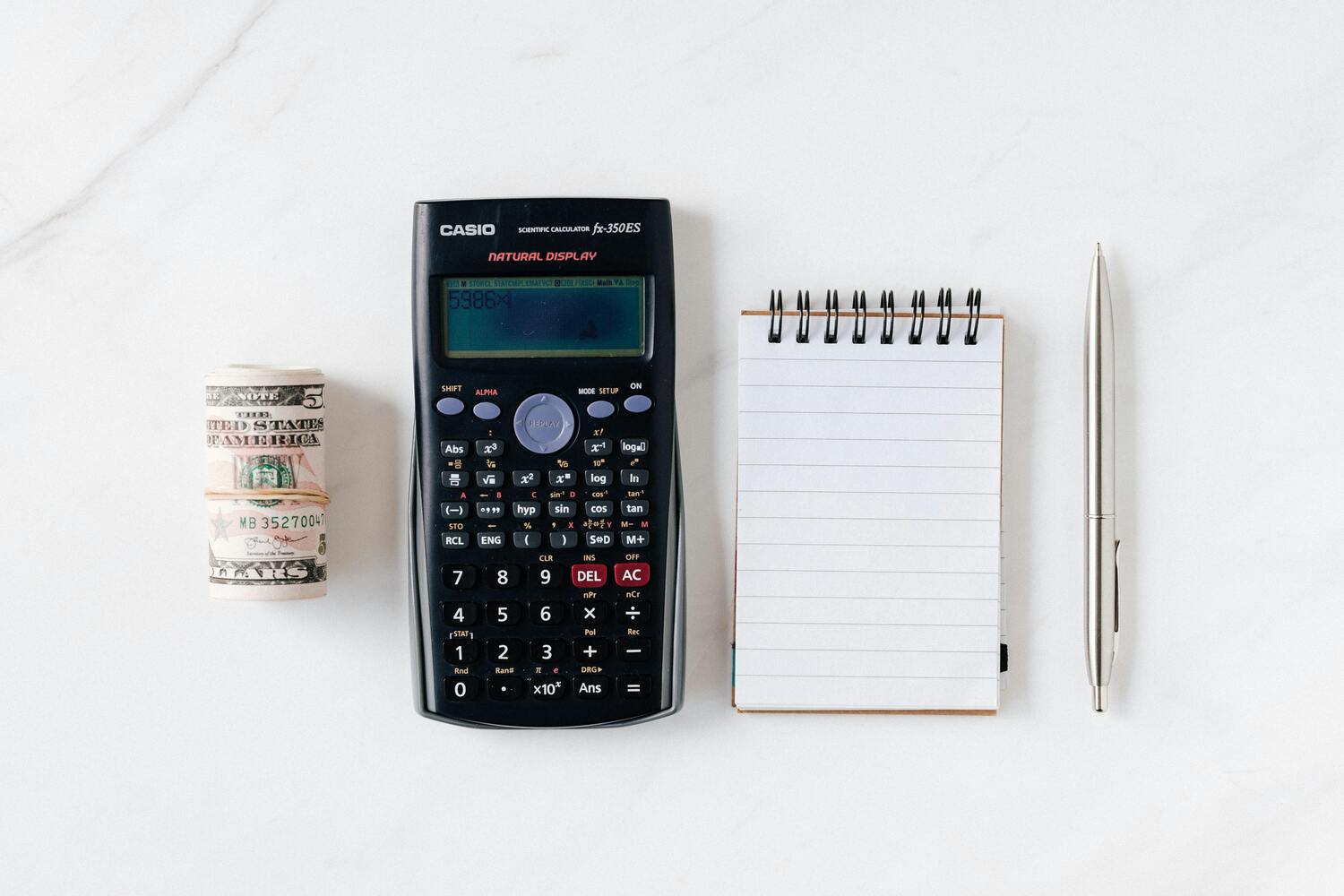It’s easy to feel secure when the bills are paid, the job feels stable, and there’s a little money left over each month. You’re not living paycheck to paycheck. You might even be contributing to your retirement account, going on occasional vacations, and enjoying the comforting rhythm of a predictable life. But here’s the truth: the moment you feel most financially “fine” is also the moment you’re most vulnerable because you stop preparing for what could go wrong.
Having a financial backup plan isn’t about living in fear. It’s about creating a safety net strong enough to catch you if (or when) life throws you off balance. Because even the most financially “secure” people can get blindsided by layoffs, illness, divorce, or economic downturns. If the last few years have taught us anything, it’s that stability can be an illusion, and the unexpected isn’t an outlier. It’s part of life.
Let’s explore why building a backup plan is critical, even when your current financial picture looks perfectly healthy on the surface.
Why Everyone Needs A Financial Backup Plan
False Comfort: Why “Doing Fine” Isn’t a Plan
Many people confuse temporary stability with long-term security. You may be making decent money and staying on top of your expenses, but that doesn’t mean you’re protected from a sudden shift. Just because you haven’t faced a financial crisis yet doesn’t mean you won’t, and when you don’t have a plan, it only takes one disruption to unravel years of progress.
This mindset of “I’ll figure it out when it happens” is common but dangerous. It relies on hope instead of preparation. And when that moment of crisis arrives, whether it’s job loss, a medical emergency, or even a global event that upends the economy, you’ll wish you’d made backup plans when you had the bandwidth, resources, and calm to think clearly.
The Myth of Job Security
One of the biggest blind spots for people doing well financially is job security. If your income is consistent and your company seems stable, it’s tempting to assume you’re safe. But the reality is that even high performers aren’t immune to layoffs or downsizing. Industries shift. Companies reorganize. One executive decision you had nothing to do with could wipe out your entire income.
A financial backup plan means not only having emergency savings but also knowing what your next move would be if your paycheck suddenly stopped. Do you have freelance skills to fall back on? A second source of income? Connections in your industry who could help you land your next role? The time to map this out is before you need it—not after.
Emergency Funds: The Foundation You Can’t Skip
If you don’t already have one, start here: a basic emergency fund with three to six months of essential expenses. This isn’t just about peace of mind. It’s about time. Time to job hunt without panicking. Time to make thoughtful decisions instead of impulsive ones. Time to recover without going into debt.
Many people doing “fine” financially skip this step because they assume their job or health is solid. But that kind of thinking doesn’t hold up when life throws a curveball. Emergency funds aren’t just for the unemployed or struggling. They’re for anyone who values autonomy and control during a crisis.
Backup Plans Are Not Just About Money
A solid financial backup plan goes beyond savings accounts. It’s about understanding your safety nets and weak points. Do you have adequate insurance—health, auto, renters, or disability coverage? What happens if you or your partner becomes ill and can’t work? What’s your plan if caregiving responsibilities suddenly land on your shoulders?
Having legal documents like a will, power of attorney, and beneficiary designations isn’t just for the wealthy. It’s for anyone who wants to reduce chaos and confusion in difficult times. These are acts of preparation that protect you and those you care about when emotions are high and time is limited.

Diversifying Income: A Modern Survival Tool
Relying solely on a single job as your financial lifeline is riskier than it’s ever been. One of the smartest financial backup strategies is diversifying how you earn money. That doesn’t mean you need to start a side hustle tomorrow, but it does mean evaluating your skills and resources through the lens of “What else could I monetize if I had to?”
Could you freelance on the side? Offer consulting? Sell digital products or resell items online? Even generating a few hundred extra dollars a month can create financial breathing room and act as a fallback if your main income source falters.
Planning for Burnout, Not Just Emergencies
Not all financial disruptions are dramatic. Sometimes, what derails us isn’t a disaster. It’s disillusionment. Many people eventually burn out in careers they once loved. You might be doing “fine,” but if your job slowly eats away at your mental or physical health, that’s not sustainable.
A financial backup plan should include what you would do if you needed to take a break or pivot careers. Could you afford a sabbatical? Could you survive on part-time income for a few months while you figure out your next step? That kind of flexibility isn’t just for the rich. It’s for the prepared.
Relationships End. Your Plan Shouldn’t.
If your financial well-being is tied closely to a partner—shared bills, shared income, joint accounts—your backup plan needs to account for the possibility that things won’t always stay that way. Divorce, separation, or even a partner’s unexpected job loss can flip your financial script.
Ask yourself: Could I financially survive on my own if I had to? Do I understand our shared finances? Do I have credit in my own name? Hope for the best, but plan like independence might become necessary. Because sometimes, doing fine together doesn’t mean you’re protected as individuals.
Why Smart People Plan Before They Panic
The best time to build a financial backup plan is when things are calm. Not because you expect disaster but because you’ll make clearer, stronger decisions without desperation in the driver’s seat. When you prepare for the “what-ifs,” you give yourself the gift of options. And in moments of uncertainty, options are everything.
Even if you never use your backup plan, the process of creating it will strengthen your overall financial foundation. You’ll sleep better. Spend more intentionally. And face life’s surprises with less fear and more confidence.
A Backup Plan Isn’t Fear. It’s Freedom
Financial security isn’t just about having money. It’s about knowing you can keep going when the road gets rough. Backup plans turn uncertainty into strategy. They’re not a sign that you expect failure. They’re proof that you expect to survive, adapt, and come out stronger no matter what happens.
If your income stopped tomorrow, what would you do first, and does that plan exist outside your imagination?
Read More:
Emergency Fund Hacks: Best Ways To Prepare for Unexpected Expenses
2025’s Money-Saving Advice Is Changing—13 Trends You Need to Know
Read the full article here














